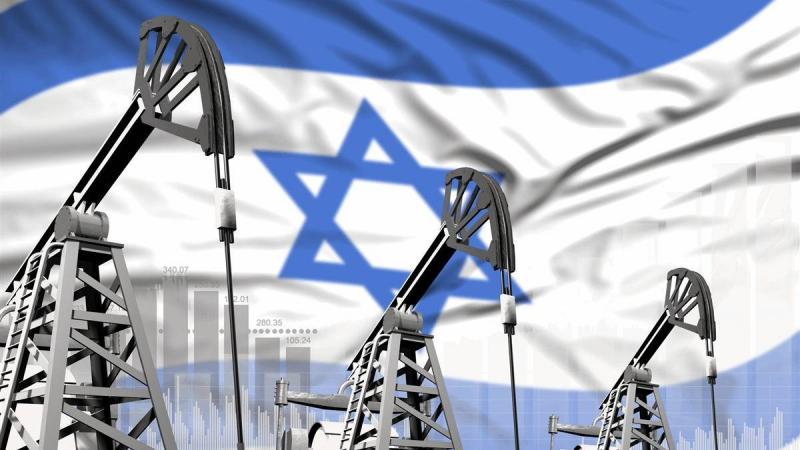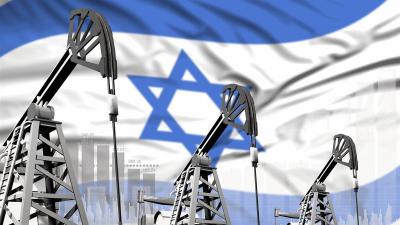The Israeli military operation in the Gaza Strip following the surprise attack by the Palestinian Islamic Resistance Movement (Hamas) on October 7 has sparked calls in the Middle East, particularly from Iran, a member of OPEC, to use oil as a weapon to punish Israel. This conflict has prompted many analysts, market observers, and politicians to compare it to the oil embargo imposed by the Organization of the Petroleum Exporting Countries (OPEC) in 1973, when Arab oil producers halted oil shipments to several of Israel's allies, including the United States and Britain, after the war between Arabs and Israelis that year. However, analysts and sources within OPEC say, "The energy world today is completely different from what it was 50 years ago," downplaying the likelihood of a new embargo. OPEC and independent producers, including Russia, known as OPEC+, will meet in Vienna on Sunday to decide on production policy, and sources told Reuters, "It is likely that additional production cuts will be discussed."
Where do calls for the embargo come from? Iranian Foreign Minister Hossein Amir Abdollahian urged members of the Organization of Islamic Cooperation last month to impose an oil embargo and other sanctions on Israel and expel all Israeli ambassadors. Four sources from OPEC, which produces a third of the world's oil and includes several Muslim countries including Iran, told Reuters that "there are no immediate moves or emergency meetings scheduled for the group in light of the Iranian statements."
On Sunday, Iranian Supreme Leader Ayatollah Ali Khamenei urged Muslim countries that have normalized relations with Israel to cut ties "for at least a limited time" after weeks of advocating for an Islamic embargo on oil and food against Israel. During a joint summit between member states of the Organization of Islamic Cooperation and the Arab League in Riyadh on November 11, Muslim countries did not agree on imposing widespread sanctions on Israel as requested by Iranian President Ibrahim Raisi.
What happened in 1973? Arab OPEC countries led by Saudi Arabia imposed an oil embargo on the United States in 1973 in response to its support for Israel in the October War that year. The embargo quickly extended, along with subsequent production cuts, to other countries including the Netherlands, Britain, and Japan. The embargo led to a severe fuel shortage, resulting in long lines at gas stations, which had a significant negative impact on the U.S. economy. The embargo raised oil prices, but the crisis long-term encouraged the development of new oil fields outside the Middle East, such as the North Sea and deep-water assets, in addition to alternative energy sources.
Why is a new embargo unlikely? While Western countries were the main buyers of oil produced by Arab countries half a century ago, Asia is now the primary consumer of oil from OPEC member states, accounting for about 70% of the organization’s total exports. Regarding why a new embargo is unlikely, a source from OPEC stated, "The geopolitical environment is different from what it was 50 years ago." JPMorgan explained in a note that "it seems unlikely that Gulf oil-producing countries would impose an oil embargo similar to what happened in the 1970s, because two-thirds of the Gulf Cooperation Council’s oil exports today are purchased by Asian customers, and importantly, the economic transformation currently being implemented in the region necessitates the absence of continuous conflict." Furthermore, Morgan Bazilian, director of the Payne Institute for Public Policy, pointed out that "the energy landscape has changed significantly over the past 50 years." He added, "The United States is now the largest producer of oil and gas, and it has a large strategic petroleum reserve."




